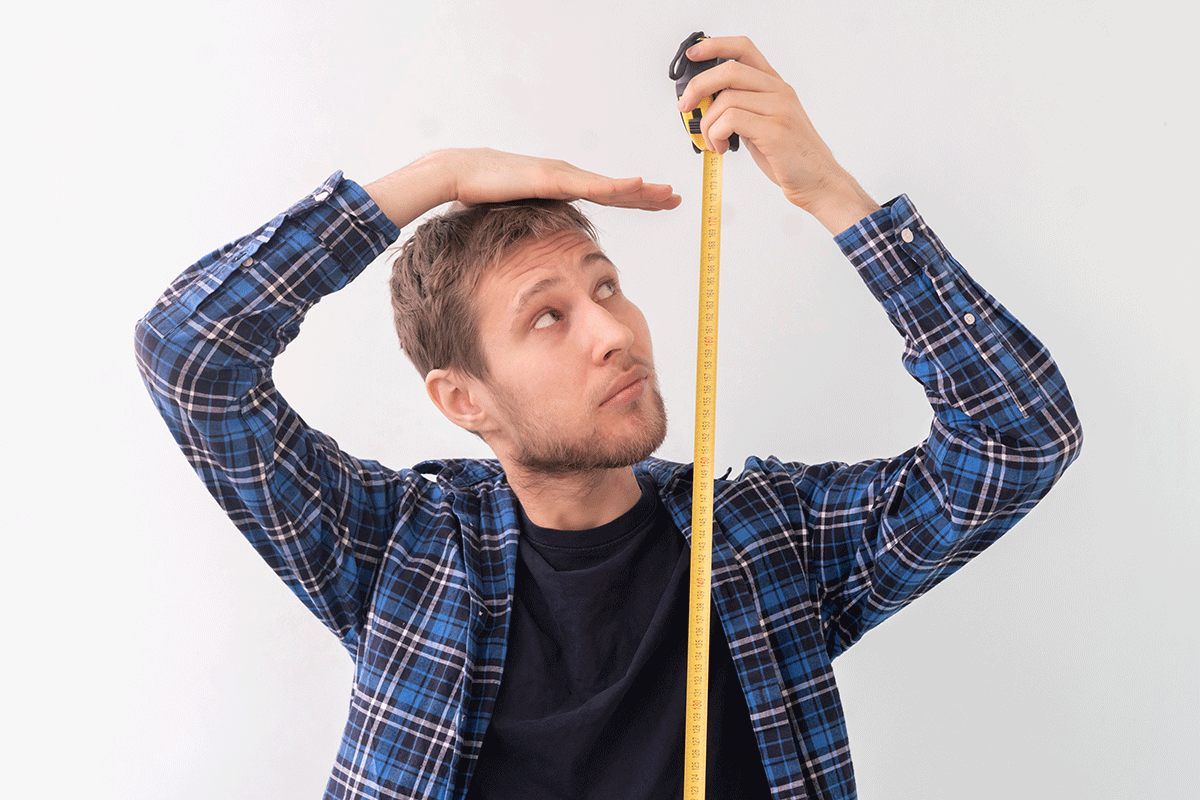Weed, marijuana, pot, cannabis—whatever you call it—is a popular drug among individuals of all ages. But when it comes to teens, there is a growing concern about whether or not weed can cause developmental issues. “Does weed stunt your growth?” is a common question among parents and teenagers alike. While there isn’t a straightforward answer to this question, some factors should be considered.
Insight Into Action Therapy’s teen treatment program in Virginia can help if you or your loved one is struggling with substance abuse. Call 703.935.8544 today to learn more about our evidence-based treatment programs and how we can help you achieve lasting recovery.
What Is Weed?
Weed is a psychoactive drug that is made from the Cannabis sativa plant. It contains a chemical called tetrahydrocannabinol (THC), which is responsible for the drug’s “high” effect. Weed can be smoked, vaporized, or ingested in various forms like edibles, tinctures, and oils. It is commonly used for its relaxing and euphoric effects, but it can also cause adverse effects like anxiety, paranoia, and memory impairment.
How Does Weed Affect the Body?
When weed is consumed, THC enters the bloodstream and travels to the brain. It binds to cannabinoid receptors in the brain, responsible for functions like pleasure, memory, concentration, and coordination.
The short-term effects of weed include altered perception, impaired memory and concentration, increased heart rate, and dry mouth and eyes. In some cases, weed can also cause anxiety, paranoia, and hallucinations.
The long-term effects of weed are still being studied, but some research suggests that it can have adverse effects on mental health, such as increasing the risk of psychotic disorders like schizophrenia. It can also affect lung health if smoked and lead to addiction and other substance use disorders.
Does Weed Stunt Your Growth?
The question of whether weed can stunt growth is a controversial one. Some studies suggest that heavy, chronic use of weed during adolescence—when the body is still growing and developing—can lead to shorter stature. However, other studies have found no association between weed use and height.
One study published in the Journal of Clinical Endocrinology and Metabolism found that heavy weed use during adolescence was associated with a decrease in height of about 0.7 inches in males and 0.6 inches in females. Another study published in the American Journal of Epidemiology found no significant association between weed use and height in young adults.
It’s worth noting that the studies that found an association between weed use and height were based on self-reported data, which can be unreliable. Additionally, other factors like nutrition and genetics can also affect height.
Can Weed Stunt Growth in Other Ways?
Apart from height, there are other ways in which weed can potentially stunt growth in teens. For example, weed can affect brain development, which continues until the mid-20s. Heavy, chronic weed use during this period can lead to cognitive deficits like impaired memory and attention, lower IQ scores, and decreased academic achievement.
Weed can also affect mood and emotional development in teens. Research suggests that heavy, chronic weed use during adolescence can increase the risk of depression, anxiety, and suicidal ideation.
How Can Insight Into Action Therapy Help?
At Insight Into Action Therapy, we understand that substance use disorders and mental health issues can be complex and challenging to overcome. That’s why we offer a teen treatment program in Virginia tailored to meet adolescents’ unique needs. Our program combines evidence-based treatments like cognitive-behavioral therapy, motivational interviewing, and family therapy with holistic approaches like neurofeedback and nutrition education.
Call Insight Into Action Therapy Today to Enroll in Our Teen Treatment Program
If you or a loved one is struggling with weed use or any other substance use or mental health issue, we are here to help. Contact us today at 703.935.8544 or online to learn more about our teen treatment program in Virginia and how we can support you on your journey to recovery.







